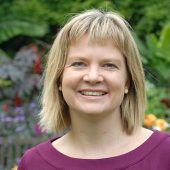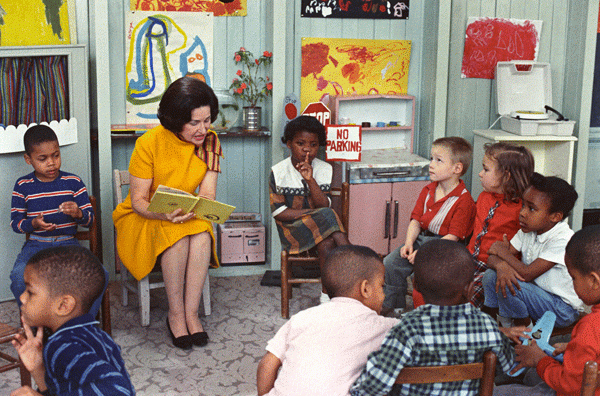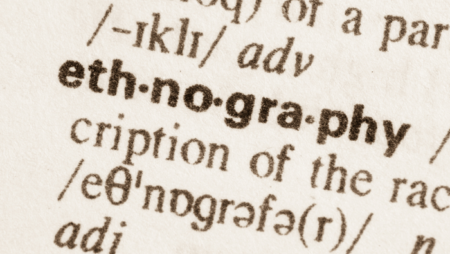I remember the first time I adopted an ethnographic persona – very tentatively and with a great deal of trepidation. I’d applied for a job as an ethnographer with Ushahidi after graduating from my Masters degree and was miraculously accepted – miraculous because most ethnographer jobs require at least a PhD, not to mention loads of ethnographic experience. The stars were aligned… or were they?
This was the first time that Ushahidi had hired an ethnographer; it was the first time that the funding body that would help to pay my salary had invested in ethnographic research; it was my first ethnography job and my first ethnographic project. Firsts for everyone are really exciting, and I was lucky to be working for an organisation that supported me despite my lack of ethnographic experience. But ethnography doesn’t accord with the usual tenor of development projects and we faced a number of challenges that, looking back on it now, were bound to happen; challenges that, in the end, had really good results but meant that things weren’t exactly plain sailing en route.
In my first few months at the job, I heard things like: ‘You really need to have a PhD to say you’re an ethnographer’ or: ‘Only anthropologists can claim to do real ethnography’. This was all very interesting but I’d just received a job as an ethnographer and I couldn’t exactly ask for them to take it back. So I did what I always do when faced with a crisis: I gathered a bunch of much more experienced and knowledgeable people together to help me discover what exactly it meant to be an ethnographer. I knew that there were many of us who were asking similar questions and that the “ethnography + digital/networked/technology” space was burgeoning in many quarters.
One of those people was my mentor, Jenna Burrell (another co-founder of Ethnomatters and currently an Associate Professor at the UC Berkeley School of Information). I took her class while at Berkeley but I had my true education from her when I started my first job. She helped me through my (very basic) questions about how to go about my research, sending me titles of inspiring books by other ethnographers, and practical ones about the exact steps to follow in order to do rigorous ethnographic research. The seeds of the idea for the ethnographer post at Ushahidi were actually sewn by her in conversations with the team because she believes that ethnography has an important role to play in development and that it needs to become more flexible to accommodate its expansion into the work of NGOs and businesses. All this to say that I learned how ethnography is done when I was at university, but I’m learning how to be an ethnographer through people like Jenna, Nicolas, Rachelle and Tricia – not to mention the host of authors who come here to explore what it means to be an ethnographer.
Now at Oxford, still in student ethnographer mode, I’m lucky to be part of a local group who meet face-to-face (mostly) to hear some really candid views from a few of the discipline’s great spokespeople, as well as some exciting new voices. We’re called the Oxford Digital Ethnography Group (OxDEG) and we get together for workshops about topics of interest to ethnographers wanting to navigate the space between ethnography and digital, to argue with one another and hear about what ethnographers really think about the state of the discipline.
This month’s edition of ethnomatters is dedicated to students who do ethnography (incognito or in full ethnographic guise) and those who are still students of ethnography, many years on. We’ll hear about ethnographer, Dr Bradley Garrett about the dangers of studying the urban explorer community that operates at the edges of society and the law, from OxDEG co-organiser, Shireen Walton, who studies photo blogs in Iran about some of the big questions in the field of digital visual anthropology, an interview with Eric Meyer from the Oxford Internet Institute about the state of digital ethnography, as well as a post from another OxDEG co-organiser, John McManus who studies Turkish football fans about technology and fieldwork, and a report from a talk by digital ethnographer pioneer, Christine Hine on the 25th of November.
As always, we’d love to hear from you: what were your greatest challenges and lessons as a student ethnographer? What do you still struggle to “get” about digital ethnography? What are your greatest inspirations and who are your mentors? Feel free to comment on the articles or the use #studentethno to join the conversation!
Related Posts



